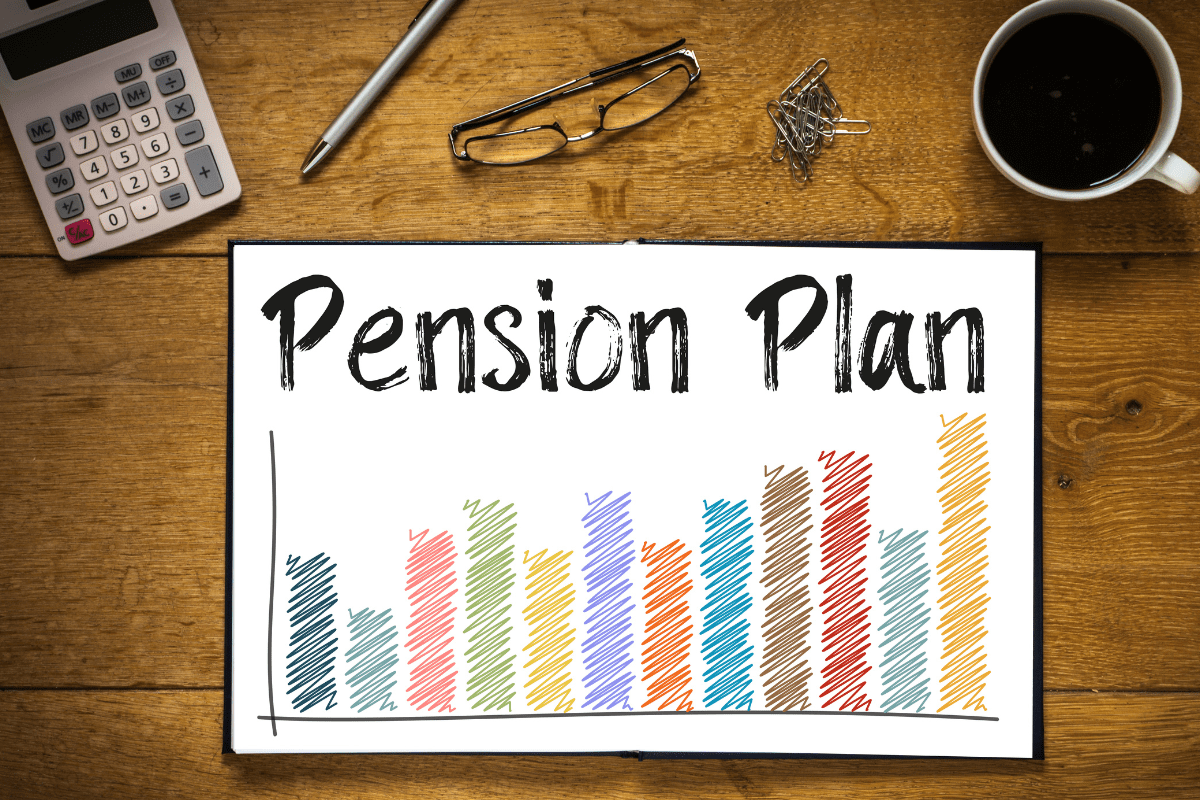How much money will I need in retirement?
This is one of the most common questions I hear as a Financial Adviser in Madrid, Spain.
The answer to that question differs from person to person and the numbers I discuss with my clients vary massively. To some, having a quiet retirement with little requirements is the goal; others will want to continue playing golf and attend social events weekly. There is a huge difference in what you will need in your pocket with these different scenarios.
So, what do the experts think?
Researchers have calculated how much money a person needs per year in order to enjoy a comfortable retirement. The numbers were calculated by Loughborough’s Centre for Research in Social Policy (CRSP), The Pensions & Lifetime Savings Association (PLSA) and Retirement Living Standards (RLS). A report from Loughborough University and the Pensions and Lifetime Savings Association aims to help people understand how much they will need for a minimum, moderate or comfortable quality of life once they retire.
In the UK a full state pension comes in at just over £8,500, but it’s the other savings you accrue over your working life that will make the difference in people’s post-work years.
Experts found that a single person will need about £10,200 a year to achieve the minimum living standard, £20,200 a year for moderate living standards and £33,000 a year for comfortable living standards. For couples, the minimum standard came in at £15,700, moderate was £29,100 and comfortable worked out as £47,500. The results are based on consultations with members of the public and consider what is needed in retirement for home DIY and maintenance, household and personal goods, holidays, food, transport, clothing and social engagements.
The new Retirement Living Standards describe three different standards of living with associated costs for each – all established by what the public considers realistic and relevant expectations. Associated costs are made up of household bills, food and drink, transport, holidays and leisure, clothing and personal and helping others. The standards cover a range of goods and services that are relevant to most people. These and other costs, such as tax on pension income, may need to be added depending on individual circumstances.
A series of profiles and infographics have been created on the PLSA website to help people calculate their own finances. The research for the Retirement Living Standards was adapted from the approach used to produce the Minimum Income Standard – a calculation of what the public thinks is an acceptable minimum standard of living. The data was gathered through 26 group discussions with around 250 members of the public already retired or approaching retirement, from a wide range of backgrounds. Expert views were taken into account for some areas, such as transport, energy usage and food costs.
The discussions set the parameters for how higher living standards should be described and defined. Through these discussions, three retirement living standards were agreed: minimum, moderate and comfortable.
The standards:
At a cost of £10,200 per year for a single person and £15,700 for a couple, the minimum lifestyle covers all your needs plus enough for some fun – including social participation and social occasions.
The moderate lifestyle (£20,200 a year for singles and £29,100 for couples) provides, in addition to the minimum lifestyle, more financial security and more flexibility.
At the comfortable level (£33,000 a year for singles and £47,500 for couples), retirees could enjoy some luxuries like regular beauty treatments, theatre trips and three weeks in Europe a year.



